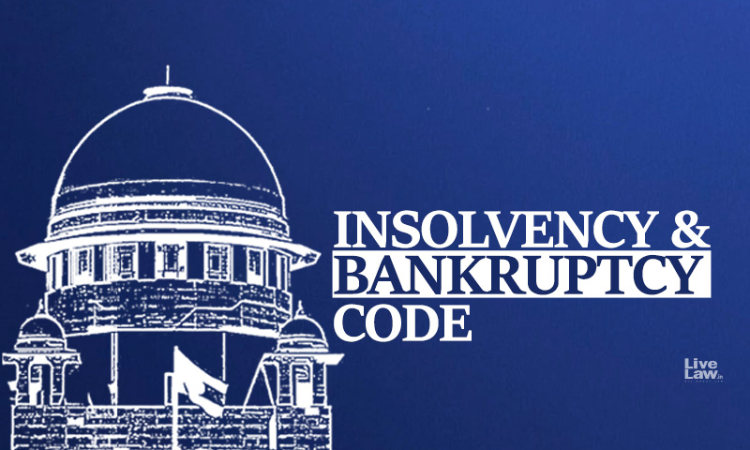'Decree Holders' Can't Be Treated At Par With 'Financial Creditors' Under IBC : Supreme Court Upholds HC Verdict
Shruti Kakkar
12 April 2022 2:39 PM IST

Next Story
12 April 2022 2:39 PM IST
The Supreme Court on Monday upheld a Tripura High Court judgment which had held that "decree-holders" cannot be treated at par with "financial creditors" under the Insolvency and Bankruptcy Code. The bench of Justices SK Kaul and MM Sundresh, while dismissing a Special Leave Petition filed against the High Court judgment, observed : "We are not inclined to interfere with the...
